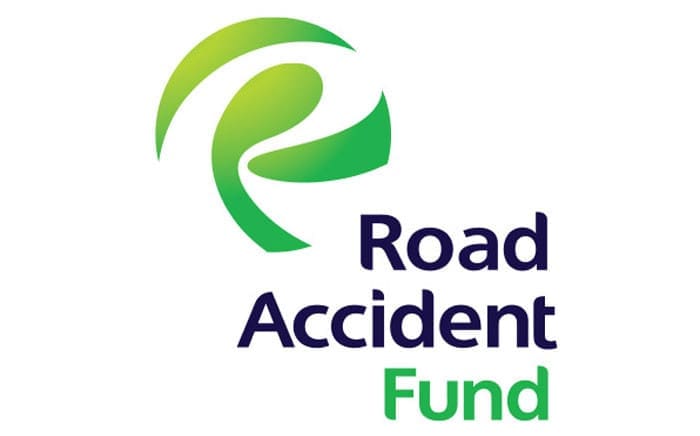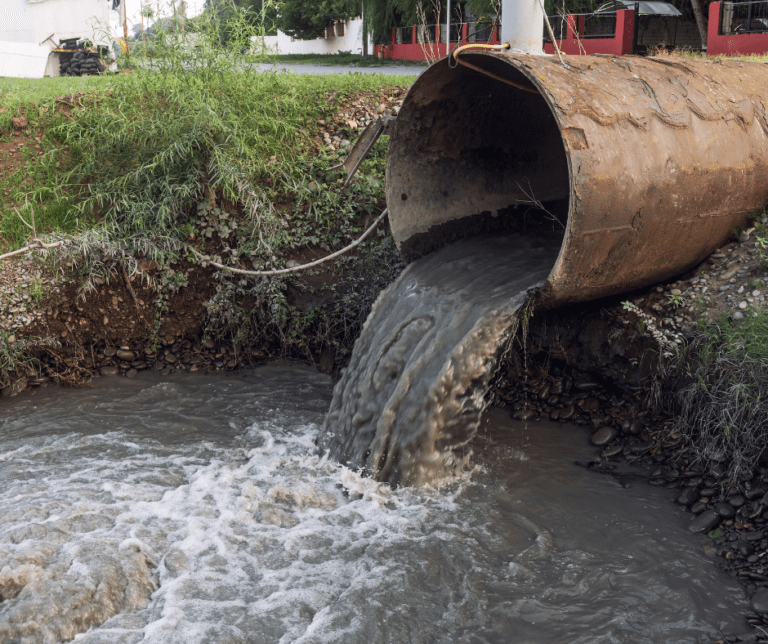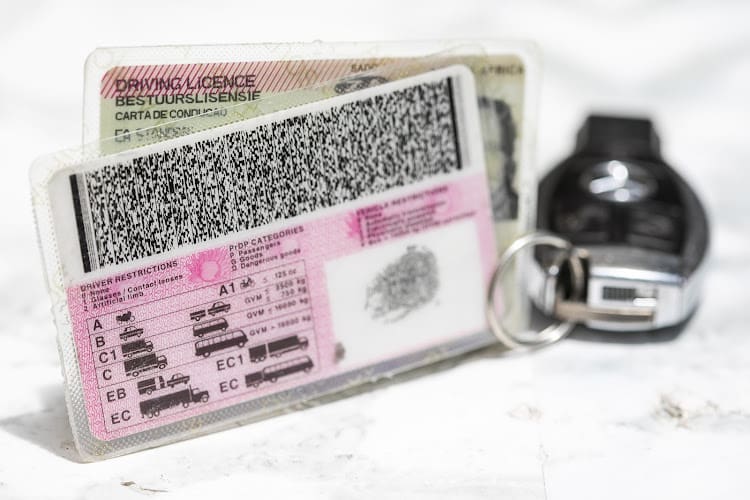In recent years, South Africa has been a significant contributor to global migration, with many citizens seeking opportunities and better living conditions abroad. Traditional emigration hotspots like the United Kingdom, Australia, and the United States have been magnets for South African expatriates. However, a noteworthy trend is emerging, challenging the conventional narrative. The dynamics of South African emigration are evolving, and a surprising phenomenon of “reverse emigration” is gaining momentum, drawing expats back to their homeland. In this comprehensive exploration, we delve into the shifting landscape of South African migration, the factors influencing these changes, and the potential impact on the nation.
South African Emigration Landscape:
According to the latest foreign-birth data from various countries’ statistics bodies, the United Kingdom has emerged as the primary destination for South African emigrants, boasting a population of 217,180 in 2021. Australia closely follows with 206,730, showcasing a significant 23.23% increase from a decade ago. The United States secures the third spot with 139,332 South African-born residents. New Zealand and Canada round out the top five, with 71,382 and 51,590, respectively.
Here is the detailed ranking of the top eight countries hosting South African expatriates:
- United Kingdom: 217,180 (2021)
- Australia: 206,730 (2022)
- United States of America: 139,332 (2022)
- New Zealand: 71,382 (2018)
- Canada: 51,590 (2021)
- Netherlands: 28,466 (2023)
- Ireland: 15,886 (2022)
- Portugal: 10,630 (2021)
The Impact of Reverse Emigration:
Contrary to the prevailing narrative of a continuous surge in South African emigration, recent findings challenge this assumption. FNB’s Estate Agents Survey for Q4 2023 reveals a decline in property sales linked to emigration. Emigration-related sales remained steady at 8%, significantly lower than the peak observed in 2019 (18%) but consistent with the long-term average since Q4 2007. This unexpected trend has been termed “reverse emigration,” signifying the return of South African expatriates to their home country.
Rory O’Hagan, principal of the Chas Everitt Hyde Park and Sandton office, sheds light on this phenomenon, noting a significant influx of skilled individuals returning to South Africa. These expats, equipped with years of experience, are contributing to the local workforce, presenting a positive outlook for the nation’s development.
Factors Driving Reverse Emigration:
Several factors contribute to the growing trend of South African expatriates returning home:
- Cost of Living Concerns:
- Expatriates express concerns about the high and rising costs of living in popular emigration destinations such as Europe, the UK, and the US.
- Tax Consulting SA highlights the impact of cost-related considerations, emphasizing the attractiveness of South Africa as a more affordable option for living and homeownership.
- Cheaper Costs of Home Ownership:
- The affordability of home ownership in South Africa compared to other emigration hotspots serves as a key factor enticing expats to return.
- Tax Consulting SA observes an increasing number of inquiries from expatriates exploring the practicalities of returning, driven by the favorable economic conditions.
- Weather and Natural Disasters:
- Some returning expatriates cite their weariness of unpleasant weather and concerns about natural disasters as reasons for coming back to South Africa.
- Family and Social Ties:
- The emotional pull of missing family and friends plays a significant role in the decision-making process, drawing expatriates back to their roots.
- Global Geopolitical Concerns:
- Fears related to global conflicts, such as those in Ukraine and the Middle East, contribute to expatriates seeking the stability and security of South Africa.
Conclusion:
The narrative of South African emigration is undergoing a transformation, with reverse emigration challenging preconceived notions. As skilled individuals return to contribute to their homeland’s growth, the nation may witness positive shifts in economic and social dynamics. The factors driving reverse emigration emphasize the multifaceted nature of individual decisions and the complex interplay of economic, social, and geopolitical factors. South Africa, with its unique appeal and opportunities, is becoming an attractive destination not only for its citizens but also for those who seek a new beginning in a country with a rich and diverse cultural tapestry.







































